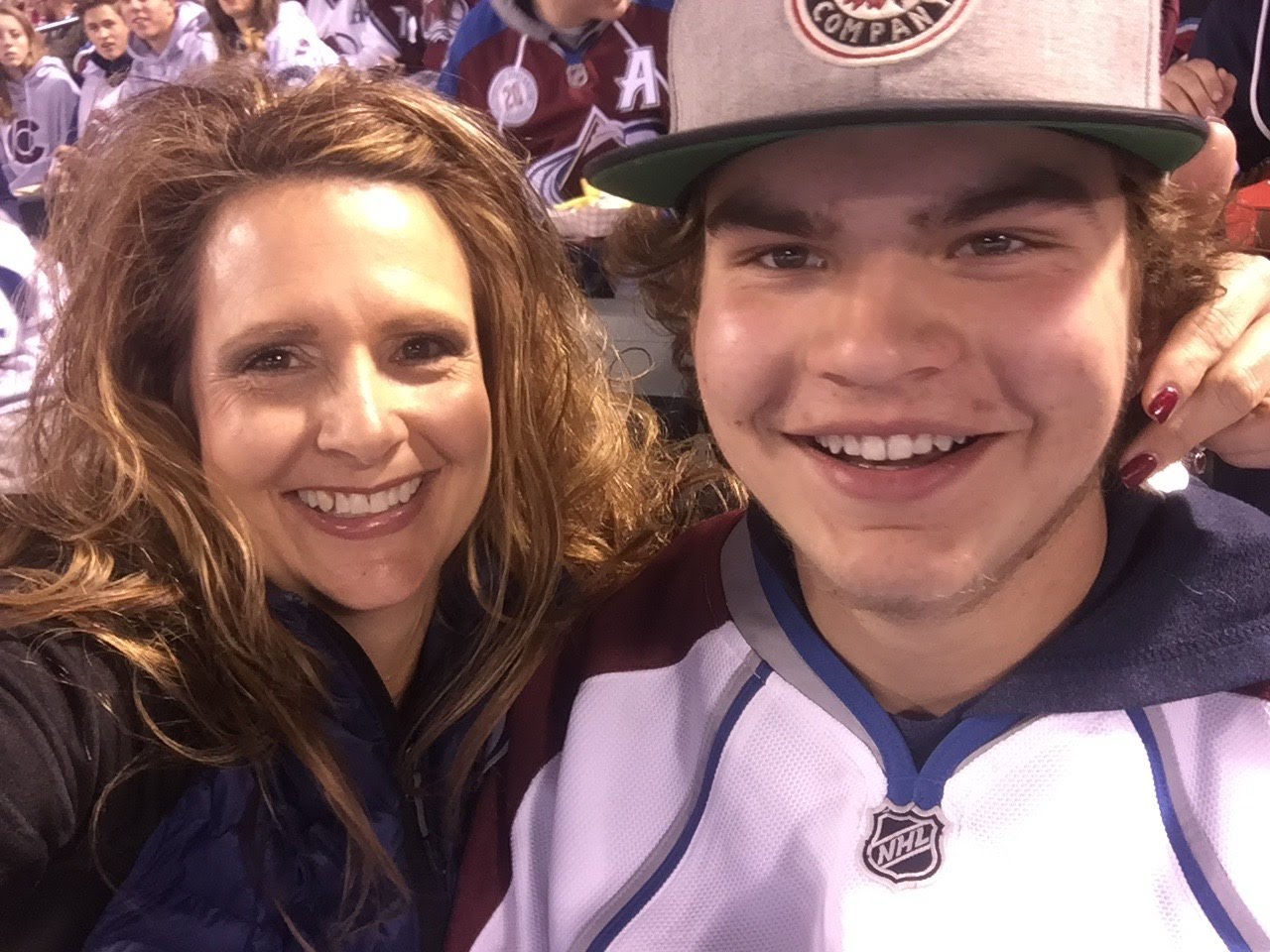
“Every minute” of Joey Jankowski’s life “was spent living,” his mom, Sabrina, says. She describes Joey’s love of the outdoors, his “daredevilish” personality, his dawn-till-dusk schedule that he packed with work, friends and family.
She also recounts the night he died. How they shared a late dinner after his workday and nine rounds of golf. The last hug he ever gave her. How he looked when she found him in his bed, sitting up, his nose and mouth covered in foam he aspirated after taking cocaine mixed with a deadly dose of fentanyl.
Sabrina and Joey’s story make up the first installment of Lethal, a new series from KGNU profiling seven mothers who lost children to fentanyl, the synthetic opioid fueling an overdose crisis throughout Colorado and the United States.
Like Sabrina, the mothers are desperate to communicate the dangers this new drug poses, and to dispel misperceptions about victims of overdose.
“They feel like fentanyl is another category of drug,” said Jackie Sedley, the series’ creator, producer and host.
“I’m not saying that my son was ever innocent, because young people do stupid things,” Sabrina tells Sedley in Episode 1. “These are the days you can’t do that any longer.
“Drugs have never been safe, obviously, but now they’re killing people.”
The mothers also want their children to be remembered as more than just statistics, a goal Sedley shared.
“Some of these kids who died from fentanyl poisoning were first-time experimenters,” they said. “Others were more in the throes of their addiction. But at the end of the day, all of their lives were just as worthy.”
For Sedley, the goal is to destigmatize addiction so conversations about drug use become more frank and honest — which they believe will make it easier to seek help.
“I know so many people who have those assumptions of what a person with drug abuse looks like, sounds like, acts like, and they don't get us anywhere,” they said. “Stigma stands in the way of resources, stigma stands in the way of equitable access. Stigma stands in the way of change.
“The takeaway I hope people walk away from the series with is that holding this stereotypical representation of what you imagine when you think of someone who struggles with drug abuse… It’s not reality.”
The mothers and children whose stories Sedley shares are evidence of the breadth of the fentanyl crisis. In 2023, more than 74,000 Americans died due to an overdose of synthetic opioids like fentanyl, according to the Centers for Disease Control.
Behind every number is a story like the ones Sedley shares on Lethal.
“If we don’t uplift stories of struggle and perseverance,” they said, “it's much harder for people to access an understanding of the lives they haven’t lived.”
Those lives include adult children who lived at home, and others who lived on their own. “One was a mother,” Sedley said. “Another was a father. At least two of the mothers had addiction struggles themselves. Some of them had never been exposed to drugs in their life and did not know what to do when they found out their children [were struggling.] One mother, her son literally died in her arms. Another mother found her son dying and was able to get him on life support long enough to get him to become an organ donor. One mother was in jail when her son died.”
The one through line connecting all the stories, Sedley said, is action fueled by grief.
“Their pursuit of change — whether it’s education in schools, in therapy, criminal justice actions, pursuing stronger penalties for people who possess and sell drugs — they’re all carving their own paths through their grief toward whatever justice looks like for them.”
Sedley doesn’t judge whatever paths the mothers took, though they themselves do not believe abstinence or criminalization are effective solutions.
“As a journalist, I’m not sitting here trying to promote a path forward or what we should change in our system right now,” they said. Producing the series “furthered my sympathy and empathy and non-judgement for those that go through such life-changing experiences, and the understanding that we’re all doing the best we can with the resources we have.
“I think this series shows that grief can look a lot of different ways. It can turn into something vengeful, it can turn into something positive, something that derails your life. But at the end of the day, it's a human experience.”
Episode 1, featuring Sabrina and Joey Jankowski, is out now. Listen at kgnu.org/lethal.
